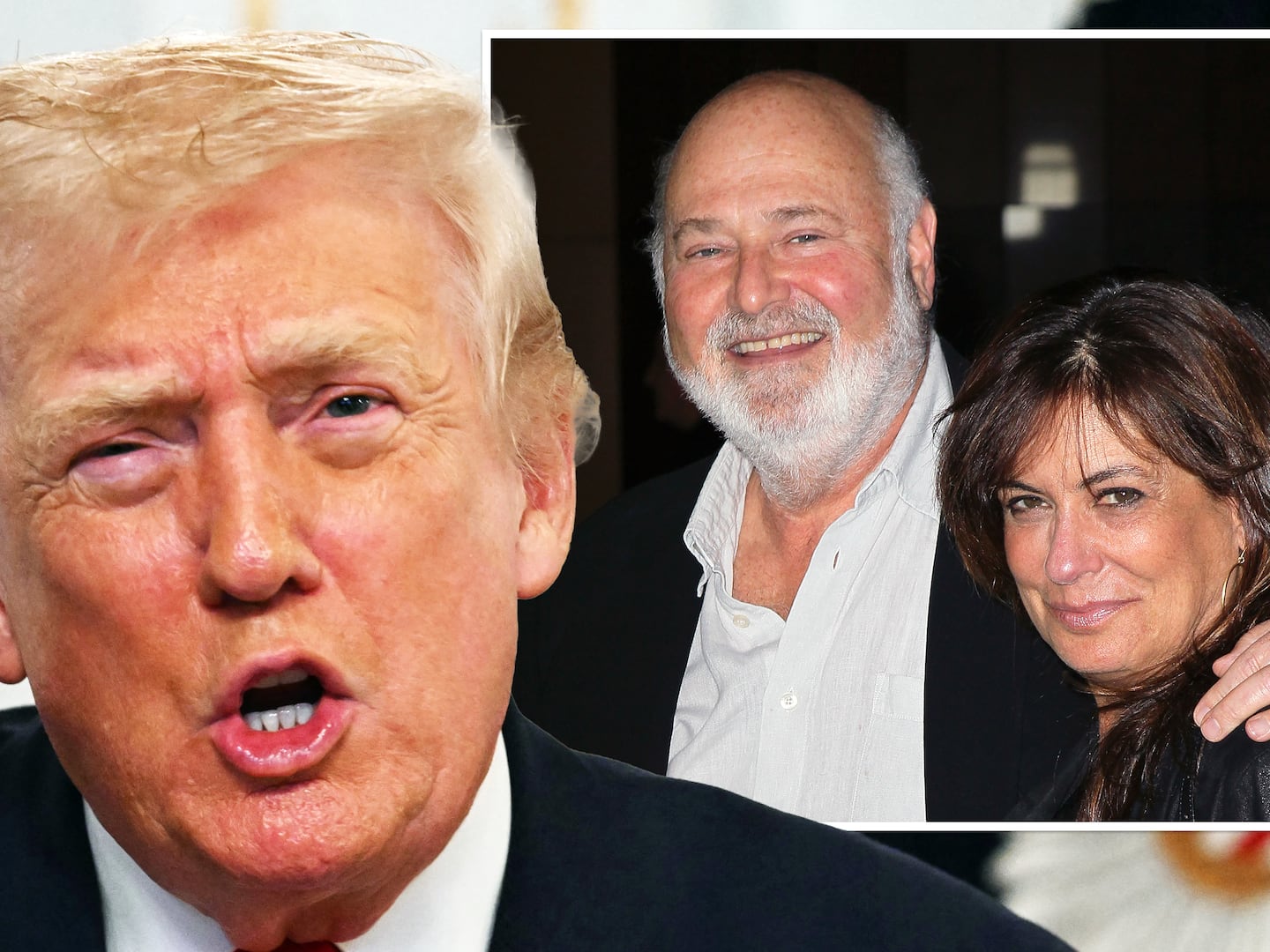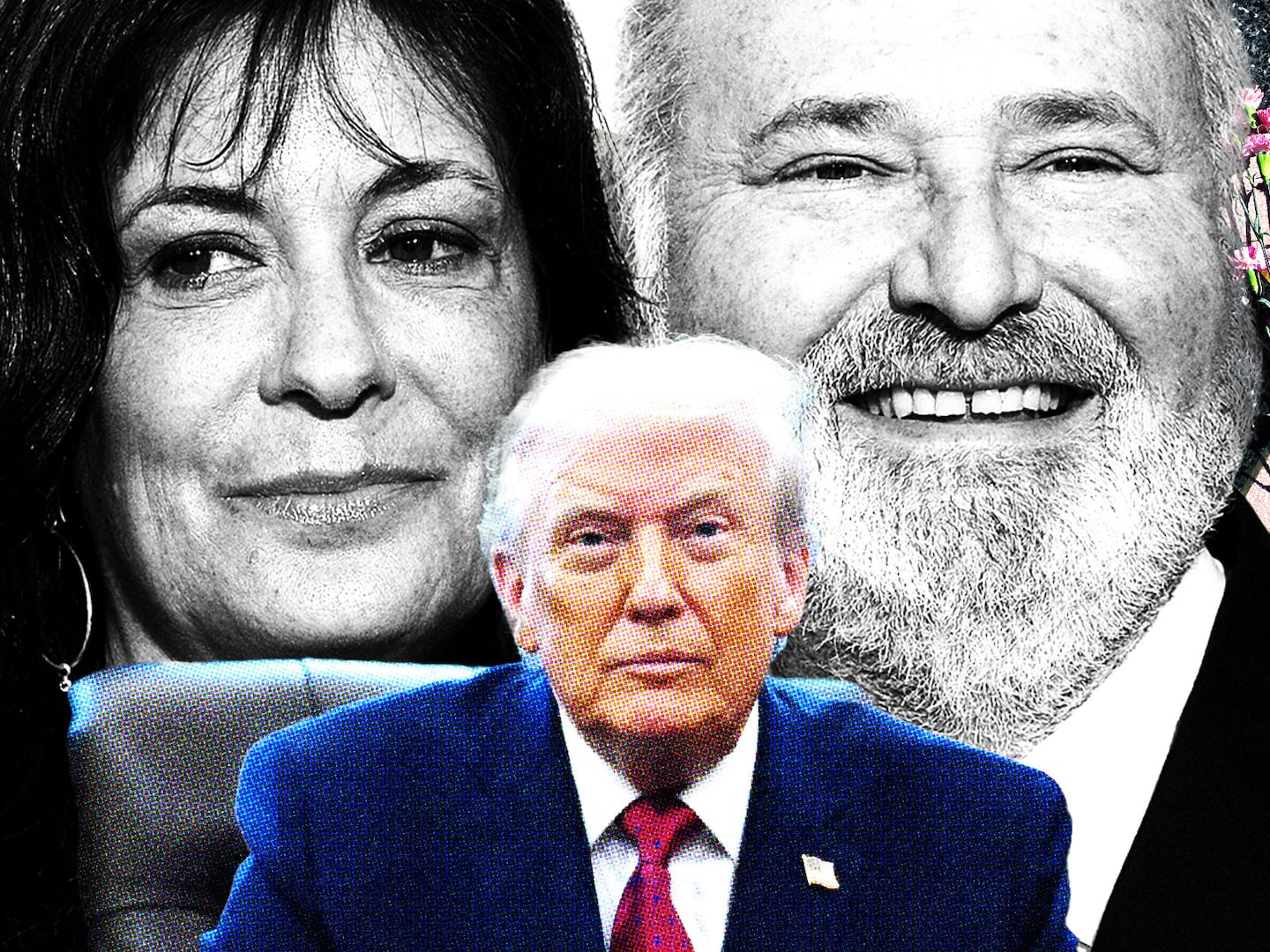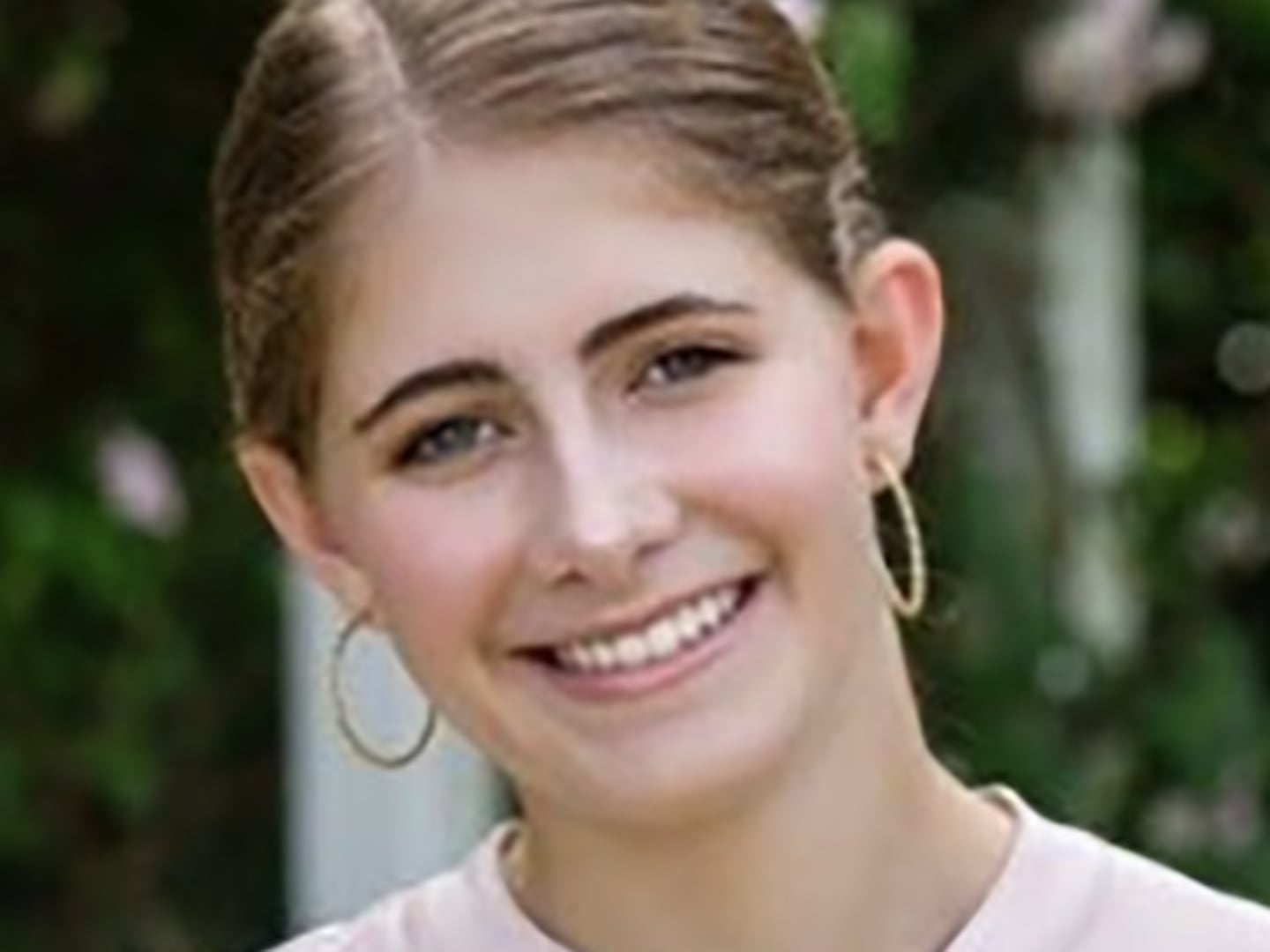BOSTON — One of the darkest chapters in National Football League history came to a surprising and violent end Wednesday morning in a Massachusetts prison cell.
Aaron Hernandez, the former Patriots tight end with a sparkling grin and a murder conviction, was found dead in his single cell, a bed sheet tied around a window and his neck, according to the Massachusetts Department of Correction. His few belongings were jammed in the door, seemingly to keep out any would-be saviors. His death is under investigation by Massachusetts State Police but it appears Hernandez took his own life.
His death came five days after he got some rare good news: He was found not guilty of murdering Daniel de Abreu and Safiro Furtado. (If he had been convicted of the 2012 murders, it would have meant he was playing for the Patriots with blood on his hands.) When he was acquitted, Hernandez mouthed “I love you” to Shayanna Jenkins Hernandez, his fiancée and the mother of his daughter. She broke down in tears of relief in the crowded courtroom and told reporters she was “very happy.”
Despite that, it was no doubt melancholy that his old teammates would be visiting the White House on Wednesday to celebrate to celebrate another Super Bowl win without him.
If Hernandez’s death seems startling and strange, remember this is a man who lived his whole life in disparate fragments.
Hernandez’s life changed dramatically when he was 16, after the death of his father. His mother remarried an abusive ex-coke dealer named Jeffrey Cummings. After his dad died, Hernandez started getting tattoos, like “HATE ME NOW” on his left arm and “BLOOD” on his right hand.
“It was very, very hard, and he was very, very angry,” Hernandez’s mother later told USA Today about her son’s reaction to his father’s sudden death at age 49, after routine hernia surgery. “He wasn’t the same kid, the way he spoke to me. The shock of losing his dad, there was so much anger.”
Despite his grief, his prowess on the football field did not waver. In his hometown of Bristol, Connecticut, he was known on the field for his “escapability”: Opponents couldn’t reach him once he made a catch.
No wonder Patriots owner Robert Kraft awarded Hernandez a five-year, $40 million contract in August 2012, and ended each conversation with the tattooed Hernandez with a hug and a kiss.
While he played, Hernandez allegedly smoked an ounce of weed a week and dabbled with angel dust. He also prided himself on hitting on models at Boston clubs and rented out a secret “flop house” for sex.
Hernandez later admitted to Rolling Stone that he “fell off, especially after making all that money.” Adding that, “all the people who turned on me will feel like crap” when they hear “not guilty.”
Yet he also spent hours on the phone with the children of his old college coaches and had a fiancée so devoted to him that she took his name—even after he was convicted for murdering her sister’s boyfriend.
The separate parts of his life were put on display in his most recent murder trial, the killing of de Abreu and Furtado, for which he was only convicted of gun charges.
The victim’s families dutifully attended trial, sitting beneath the hordes of media spectators in the crowded courtroom while they were confronted with graphic photos of their loved ones tragic end.
On the stand, prosecutors made Jenkins Hernandez read her grand-jury testimony.
“You learned to keep your mouth shut in certain situations?” the attorney asked.
“Yes, I played my role.” Jenkins Hernandez said. “I cleaned and I did everything else, I mean there was no reason for me to ask any questions.”
In the most recent murder case, the chief witness against Hernandez was his old friend Alexander Bradley. Bradley alleges that in another incident, the football star shot him in the face. The case was later settled under seal.
Bradley, who was granted an immunity deal for his testimony, was torn apart by Hernandez’s attorney, Jose Baez, whose other victories include an acquittal for Casey Anthony.
Months after the murders took place, Hernandez got a tattoo of a gun muzzle and “God Forgives” in reverse script.
The prosecution tried, unsuccessfully, to argue that Hernandez killed the men in retribution for a spilled drink at a Boston nightclub, though they were never able to access surveillance footage proving a scuffle took place. The defense claimed Bradley was the real killer.
But Hernandez could not chalk up the charges he shot Odin Lloyd to death to one bad witness. A key piece of evidence against Hernandez was a wad of cotton-candy-flavored Bubblicious bubble gum he spat out at the murder scene.
Lloyd, a landscaper and semi-pro football player, once bragged about his ventures with the Patriots superstar at his niece’s dance recital. Hernandez once lovingly called him the “Bluntmaster.” Nevertheless, Hernandez was found guilty of shooting Lloyd with a Glock .45 near his North Attleboro home on June 17, 2013.
Hernandez’s friends from Bristol, Ernest Wallace and Carlos Ortiz were also charged in Lloyd’s death. Wallace was later acquitted of first-degree murder, but convicted on charges he was an accessory after the fact. Ortiz later pleaded guilty to accessory counts in a plea deal.
In Lloyd’s case, Hernandez’s lawyers tried to blame the murder case on Hernandez’s friends, claiming the 6-foot-1, 245-pound NFL All-Pro was intimidated by his co-conspirators. The jury didn’t buy it and he was convicted, then sentenced to life without parole.
At the time of his death, Hernandez’s murder case was out on appeal. His attorneys were asking for a new trial—an automatic procedure in all first-degree murder cases in Massachusetts.
Then as now the question remains the same: Why did a man with so much throw it all away? Why did a man kill himself just days after being acquitted of murder, with his other charges still out on appeal? Perhaps the only way to make sense of Hernandez is to accept that it didn’t make sense.
Hernandez lived a life of contradictions and he died that way.






